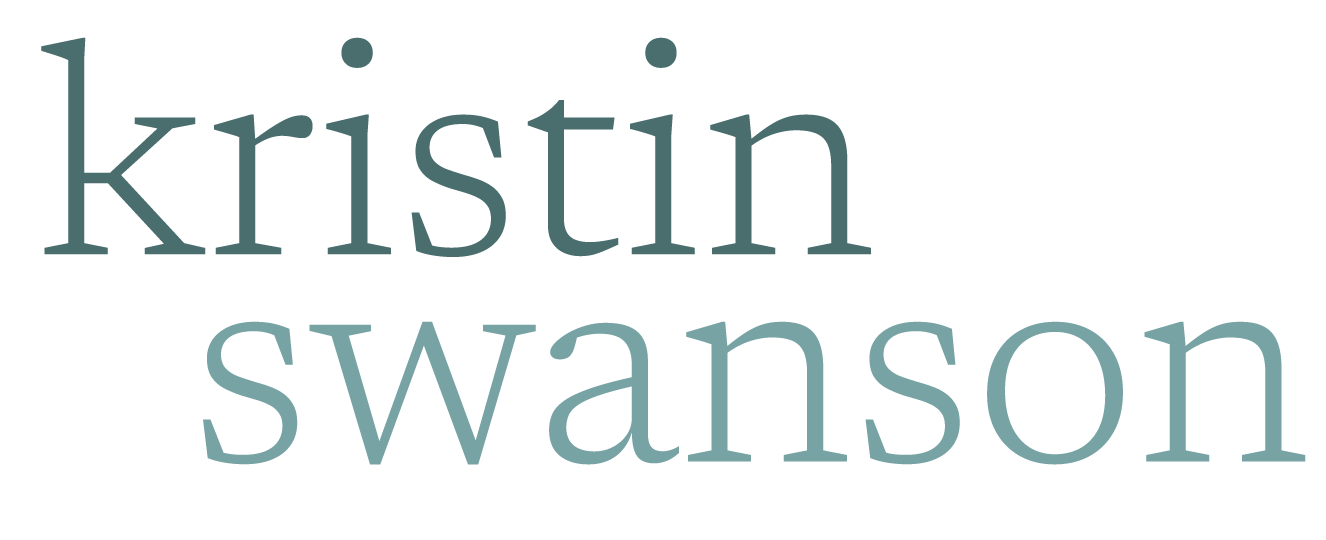Ditch the Hustle--Build Habits and Routines for Ease and Results
I am not a big fan of the word “hustle”. Why? Because I’ve seen it take its toll on way too many entrepreneurs and business leaders. Whether that be adrenal fatigue, disease, or burn out--it can lead to a negative result (even with the best of intentions). What if we replace hustle with habits and routines?
Once you deconstruct a habit (a good book on this is Atomic Habits by James Clear), you’ll see how simple it can be to implement. Instead of pushing yourself into the desired result, build a steady stream of your vitally important habits and routines. Here are some simple steps to get started:
Identify the vision or goals you want to achieve in your business. I recommend having a financial goal (i.e. revenue or profitability) and two other high-level strategic goals.
Ask yourself - what are the vital few tasks that I can do regularly to reach each goal? Some examples for Thought Leaders might be; prospecting, content creation, or recording podcast episodes or Facebook Live.
How can you make these important tasks a habit? The most successful way I’ve seen to build a habit is called “habit stacking”. Adding a new habit onto an existing habit that already comes naturally for you. Some examples of this would be pairing your prospecting with your morning coffee if you are a habitual coffee drinker or recording a podcast right after your regular workout class that you never miss.
Start small, get consistent, and then add on. If you resist doing these tasks, do not worry--it means you are on the right track. It is our most important task (that will make the biggest difference) that we put off. Notice the resistance and use it as a clue that you are heading in the right direction. Then break the action down into small bite-size chunks. Start with making 2-3 prospecting calls a day for example. When that becomes a habit, add 2-3 more. You will be astounded at the compound effect when you focus in on consistency.
Set up accountability. This can be a peer or mentor that you text once you have done your daily habit until it happens like clockwork. According to Clear, it takes approx. 66 days to form a habit. I like to print out a calendar, like this one, and check off the days. This is another form of accountability as you don’t want to “break the chain” when you see the visual checkmarks.
Set up your rhythm of business for routine tasks. Once you are clear on the most important tasks that you need to do, determine the frequency at which you need to perform each task. Then schedule recurring meetings with yourself or your team to do them. For instance:
Financial review - 1 hour on the 15th of every month
Content creation - 90 minutes on the first Thursday of each month
Invoicing - 30 minutes on the last day of every month
Daily prospecting and CRM updates - 1 hour per day at 9 am
Tip: create standard “agendas” or lists of routine steps in a google doc or within the body of the calendar invite itself so that you can easily breeze through each routine step and you aren’t recreating the wheel every time.
The above routine tasks are perfect for managing today’s existing business. In addition to this, it is important to also have routines that move you toward your vision for tomorrow’s business. Build-in time on your calendar for regular vision creation and strategy. Depending on your personality style you might want to; brainstorm this with peers or co-workers, alone with paper and pen, or use a mindmap. I recommend creating either quarterly or 90-day projects and use the same strategy (steps 2-4) to chip away at those. You can download my Make it Happen Planner here to help you.
Don’t forget habits for your well being. In addition to the new business habits that you are building, be sure to also build healthy habits to support you. Things like exercise, nutrition, hydration, and sleep can go a long way in boosting your energy levels so that you are successful when you show up to your vital few tasks.
Most importantly, when you feel yourself “pushing” or your body gives you physical symptoms as clues to slow down, listen--take time off, get support or rest, and come back. The work will always be there when you get back. Building systems, habits, and routines to support you will enable your success without sacrificing your health.
